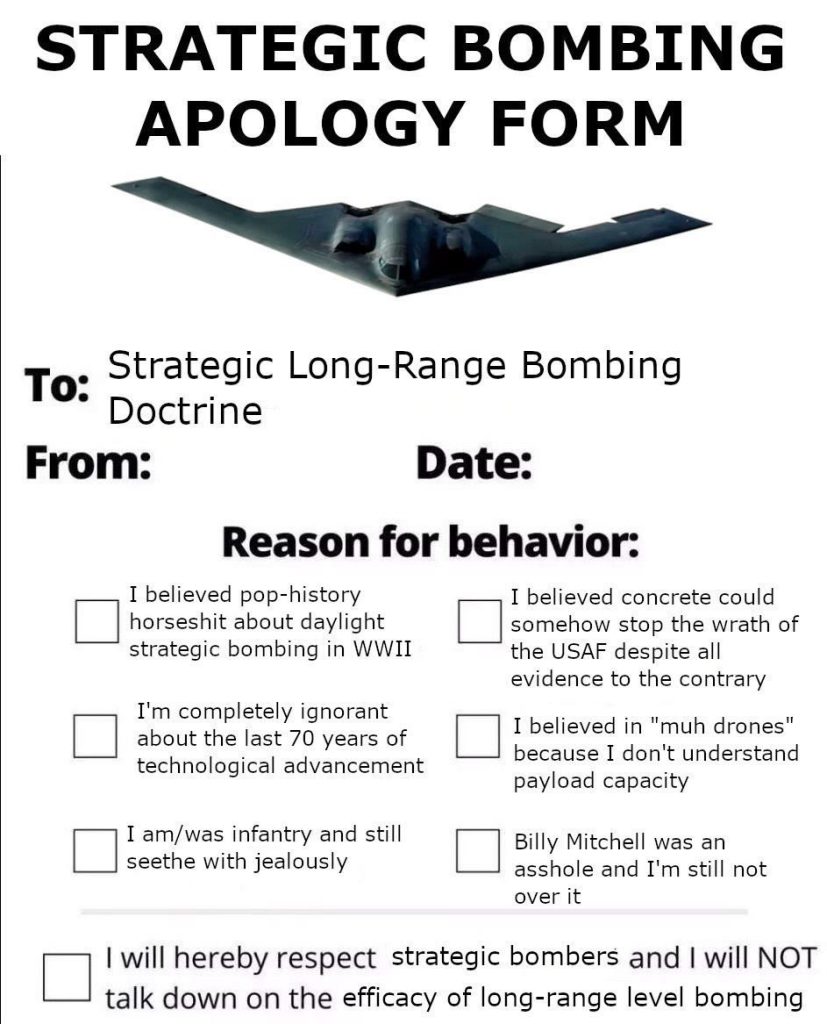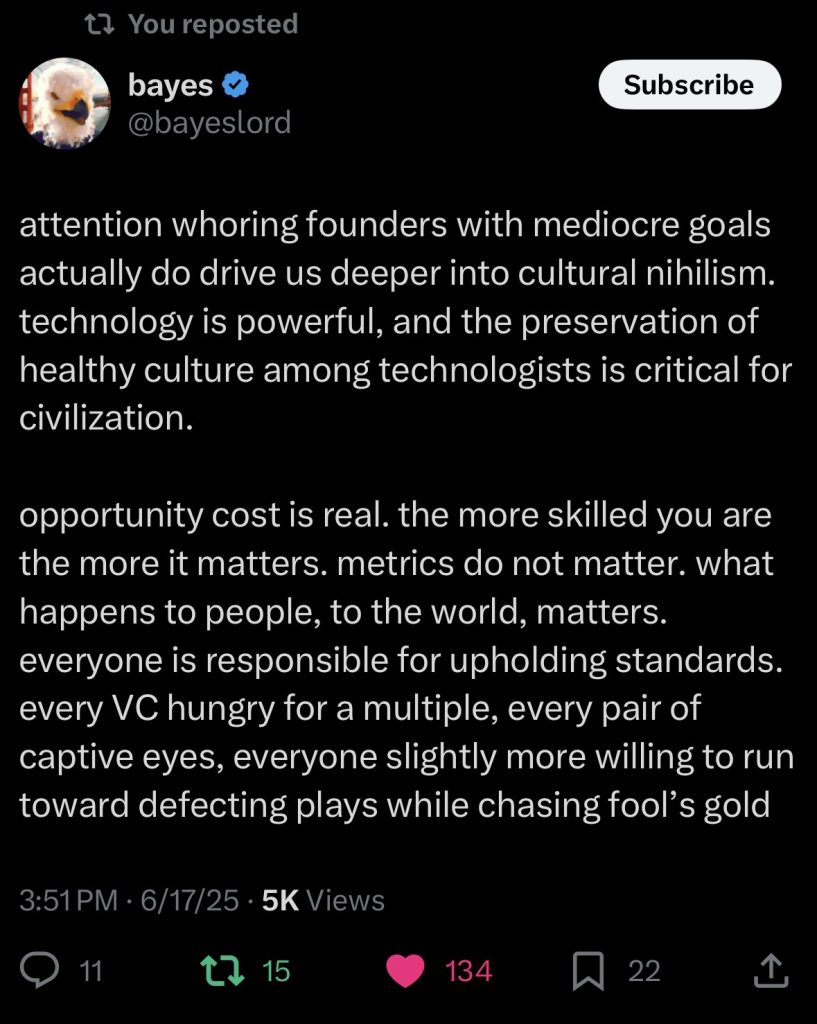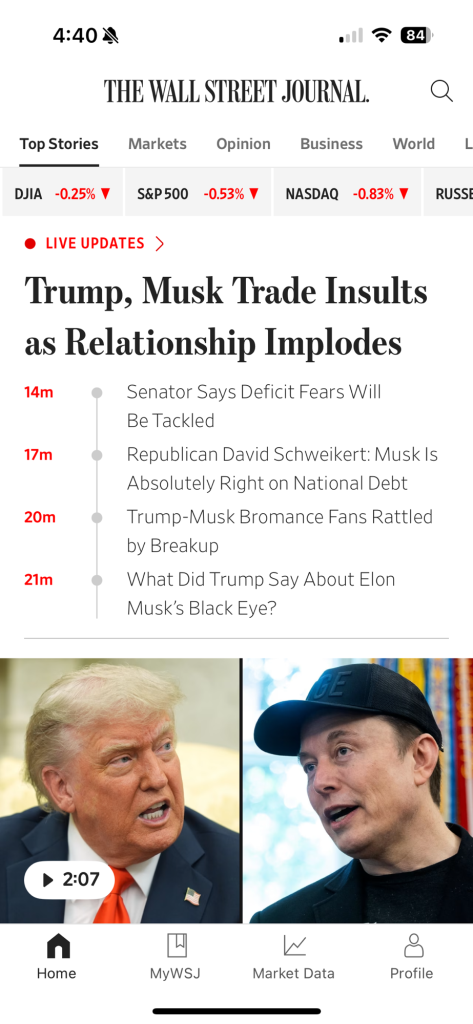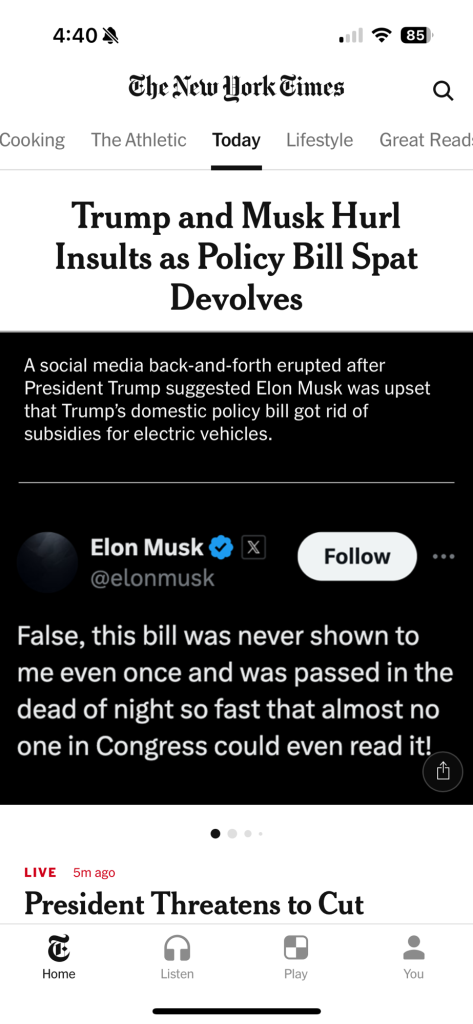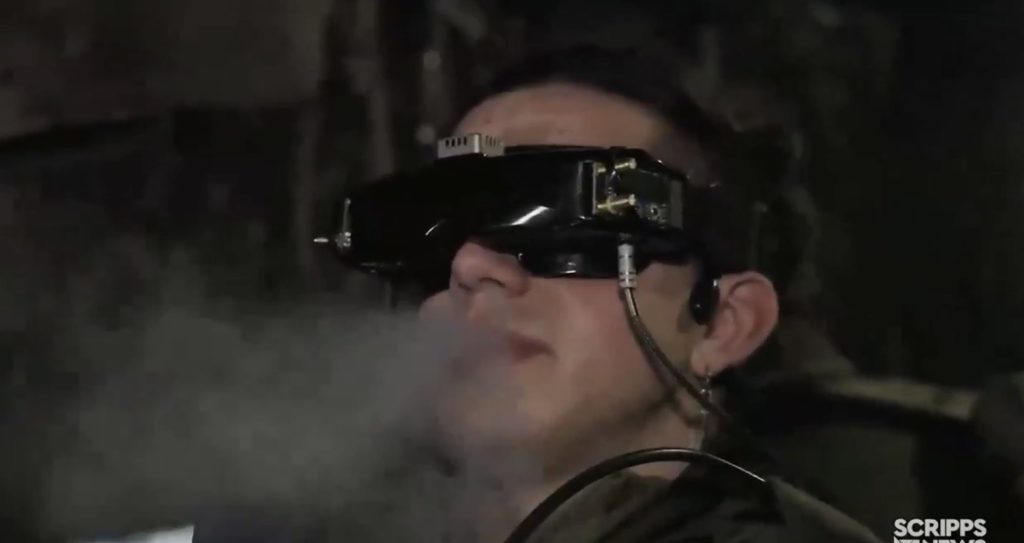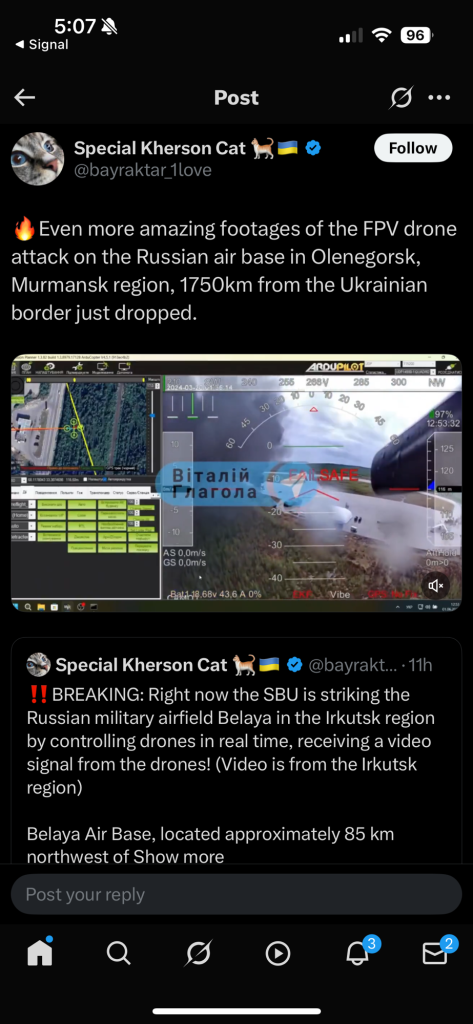Yesterday we enjoyed the uncomfortable tension of a cease fire announcement in the Israeli-Iranian conflict that America had just entered that no one was sure was real.
Sure the president had said so inside the heaven ban built to purpose social network Truth Social, but we had no basis for belief in that without hearing from Iran or Israel.
Newspapers sent out alerts that resolved into “unconfirmed” once you hit the landing page. Thanks guys but maybe cool your jets on the alerts?
I read Naomi Klein’s Shock Doctrine when it came out in 2007 with a mix of skepticism and head nodding. Her thesis was that disasters are used to push through unpopular market reforms. I remain skeptical of presenting neoliberalism as exclusively disaster capitalism.
But after resistance to the Iraq War did nothing, and having recently graduated from an alma mater whose reputation in Latin American economies was shall we say mixed, I was somewhat receptive to her thesis.
I alas myself lack the crucial qualification for being a fan of Klein’s work as I am not a socialist. I like the market reforms and doubt chaos is the only vehicle through which they can be passed. At this point in our history, chaos is leading us more towards statist solutions
Nevertheless I remain skeptical of the narratives from state power no matter what solution the state is pushing. I like a market based solution as much as the next bourgeois pig, but I’m no fan of the state overriding its people or its businesses.
The problem we have now isn’t just Shock Doctrine or disaster capitalism driving outcomes. It was mostly disaster authoritarianism in my opinion.
The reason it is so unsettling to have no source of reliable information or institutional trust in our information is because we are now living in the age of Slop Doctrine. You can take it if you like Naomi.
It’s impossible to sort out what reality is winning even when it’s coming from a head of state. A million competing narratives from untold decentralized sources of information now compete to confused and unsettle us. The psy-ops aren’t even run by humans anymore.
I’d love for us to collapse that state of uncertainty that comes from multiple entangled competing realities into consensus reality.
Alas when I searched for quantum reality collapse terminology all I found was a LiDAR imaging company for architectural documentation. Their website doesn’t suggest much of anything invoking quantum states except insofar as one hopes that by using their imaging your buildings won’t do so.
And so we are left swimming in the slop doctrine confusion in which old ways of validating information are entirely useless to us. Slop Doctrine is here and it sucks.


